
The Last Self-Help Book You'll Ever Need
Repress Your Anger, Think Negatively, Be a Good Blamer, and Throttle Your Inner Child
Recommendation
Fat? Unhappy? Looking for love? With 20,000 plus self-help titles on the shelves, people are still overweight, suicidal and unfulfilled. Neuropsychologist Paul Pearsall debunks the promises of the self-help genre. He exhorts you to treat it skeptically, being mindfully aware of whether its counsel fits your life. This is probably not the "last self-help book you’ll ever need;" it’s certainly not the last self-help book Dr. Pearsall is likely to write (and he writes well, so that’s fine). However, it will make you think and help you gain perspective on "self-helpism." Quit obsessing about the future and what you don’t have. Seize the moment. A life well-lived must, in fact, be authentically lived, not just contemplated. getAbstract advocates Pearsall’s contrary point of view as the antidote to way too much positive thinking.
Summary
About the Author
Neuropsychologist Dr. Paul Pearsall speaks widely on psychological issues and has written other self-help books including The Pleasure Prescription and The Beethoven Factor.








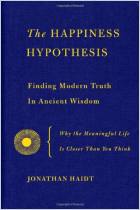
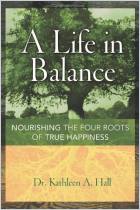

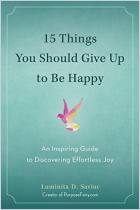
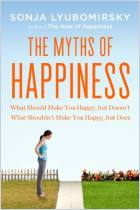
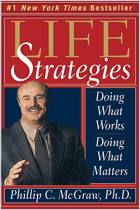



Comment on this summary or Start Discussion
A lot of teachings in this summary contradicts what I read in most self help books and yet the author gives a good plausible defense for what he writes.
I recommend this opposite side of the coin summary to be read right after reading a traditional self help summary.
The $100,000 take away I got from reading this is rather than thinking positive, think with full awareness.